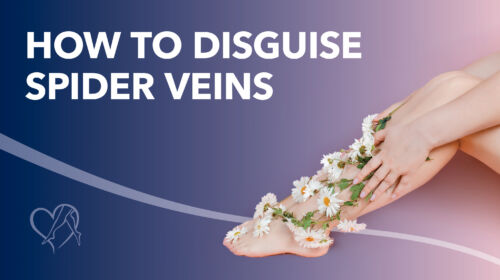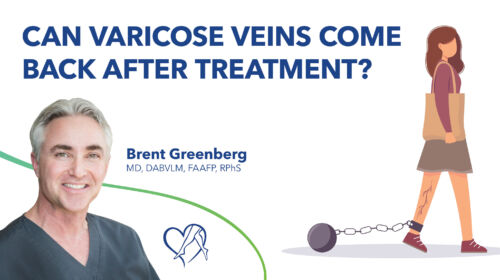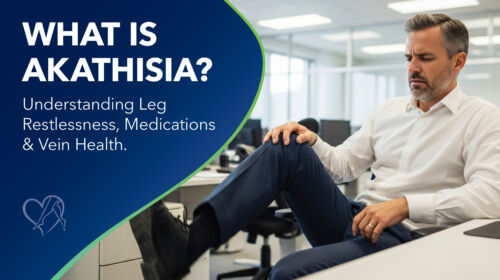
What is Akathisia? Understanding Leg Restlessness, Medications & Vein Health
Struggling with varicose veins, spider veins, or leg pain? This blog explains what causes varicose veins, how to recognize signs of venous insufficiency, and the most effective vein treatments available, from sclerotherapy to endovenous ablation. Learn how a board-certified vein specialist at Center for Vein Restoration can help you relieve symptoms, improve circulation, and prevent future vein problems.
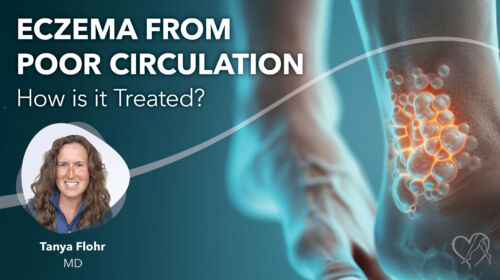
Eczema From Poor Circulation: How is it Treated?
Discover how to soothe and manage venous eczema: from understanding its connection to vein health to exploring simple lifestyle tips and advanced treatments. This blog offers practical advice to help you reduce irritation, protect your skin, and feel more comfortable every day.
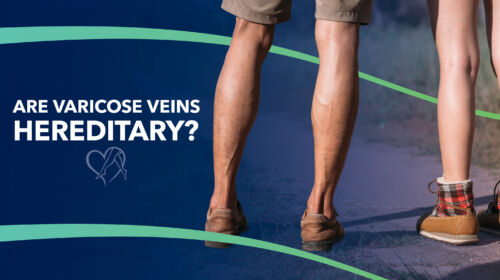
Are Varicose Veins Hereditary?
Translate this into Latin spanish: Are varicose veins hereditary? If your parents or grandparents had varicose or spider veins, you might be at risk—but you’re not doomed. This blog explores the genetic link behind varicose veins, what causes them beyond family history, and the signs you shouldn’t ignore. Learn how to prevent varicose veins, when to see a vein doctor, and why choosing the right vein center matters. Discover the latest minimally invasive treatments offered at Center for Vein Restoration, the nation’s largest physician-led vein center.
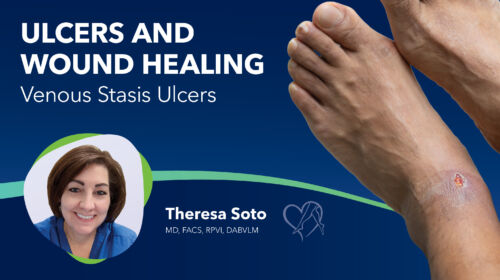
Ulcers and Wound Healing: Venous Stasis Ulcers
Find out the causes, symptoms, and treatments for venous stasis ulcers. Get lasting relief and healthier legs with minimally invasive care from Center for Vein Restoration.
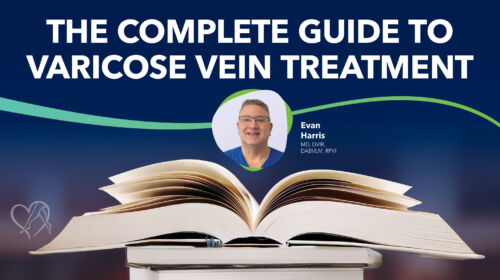
The Complete Guide to Varicose Vein Treatment
Discover everything you need to know about varicose vein treatment in our comprehensive guide from Center for Vein Restoration, the nation’s largest physician-led vein center. Learn the causes, symptoms, and advanced treatment options for varicose veins, including minimally invasive procedures performed by board-certified vein doctors. Find out how to prevent vein disease from worsening, improve circulation, and restore healthy, pain-free legs.
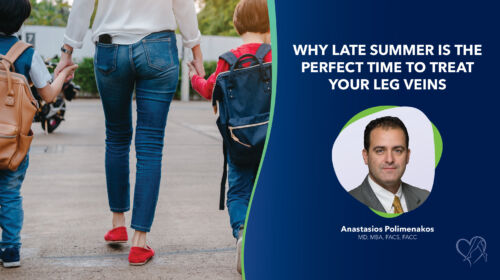
Why Late Summer Is the Perfect Time to Treat Your Leg Veins
Late summer is the perfect time to treat varicose veins and spider veins before schedules fill up and symptoms worsen. This blog explores why the back-to-school season offers an ideal window for vein treatment, from meeting your insurance deductible to cooler weather making compression stockings more comfortable. Learn how treating vein disease now can help prevent complications like leg ulcers and improve your quality of life. Discover expert, minimally invasive care at Center for Vein Restoration—America’s leader in vein treatment.
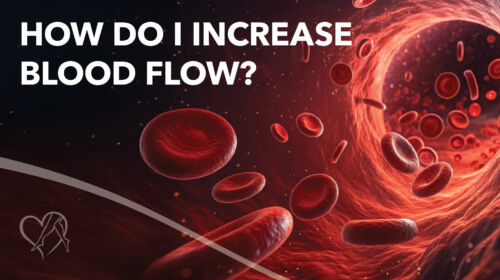
How Do I Increase Blood Flow?
Discover practical tips to boost circulation and support healthy veins. This blog covers easy lifestyle changes such as exercise, hydration, and diet, along with expert advice on habits and treatments that improve blood flow.

How Does Elevating Legs Benefit Circulation?
Discover how a simple habit like elevating your legs can improve circulation, reduce swelling, and ease discomfort caused by chronic venous insufficiency. This blog explains the science behind leg elevation, offers tips for doing it correctly, and highlights how it supports overall vein health, making it a great addition to your daily routine.
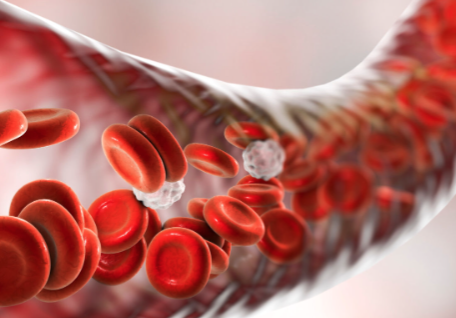 About Vein Disease
About Vein Disease
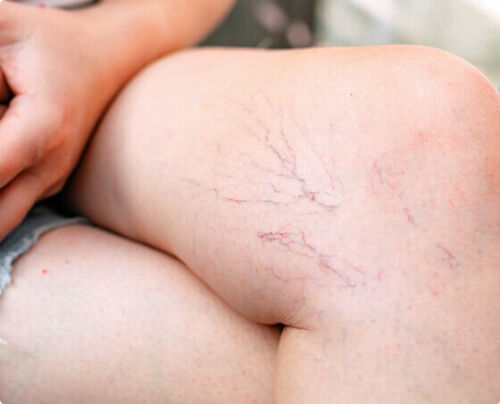 Spider Veins
Spider Veins
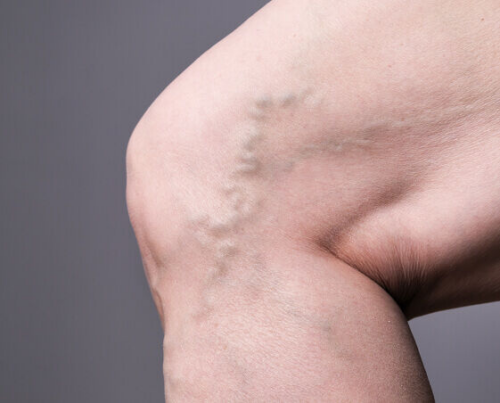 Varicose Veins
Varicose Veins
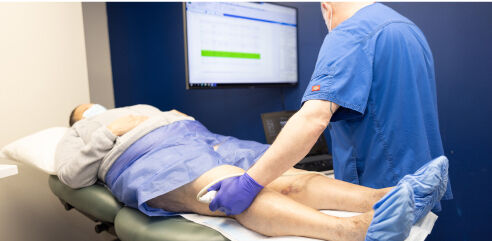 Vein Disease Treatments
Vein Disease Treatments
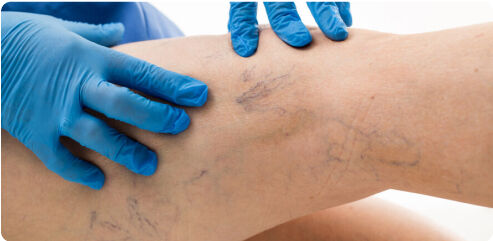 Treating Spider Veins
Treating Spider Veins
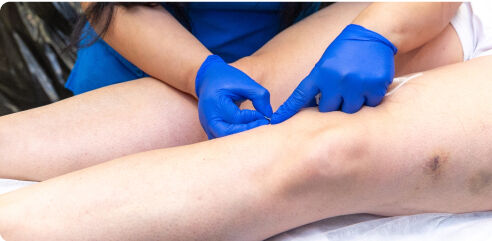 Treating Varicose Veins
Treating Varicose Veins
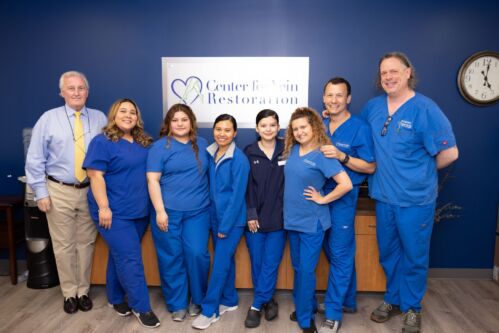 About Us
About Us
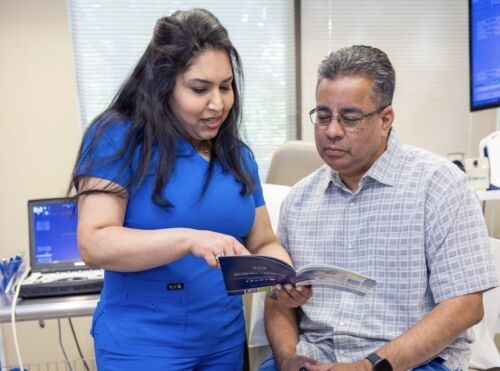 Patient Resources
Patient Resources
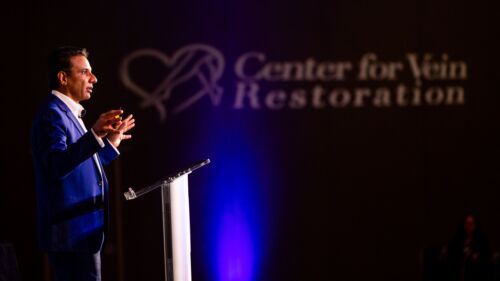 Physician Resources
Physician Resources
